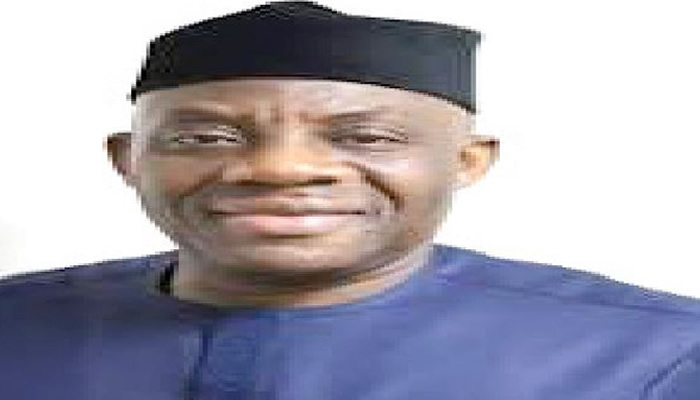The Nigerian Federal Government recently announced the commencement of electricity subsidies for public hospitals nationwide, aiming to alleviate the financial burden on these institutions and ultimately benefit patients. This move aligns with earlier declarations from officials, including the Minister of State for Health and Social Welfare, Dr. Tunji Alausa, who confirmed a 50% reduction in electricity costs for public hospitals and tertiary education institutions. This significant policy shift comes in response to a sharp increase in electricity tariffs implemented by the Nigerian Electricity Regulatory Commission, where charges for Band A customers surged from N68/KWh to N225/KWh, marking a staggering 300% hike. Public hospitals and institutions in this category faced daunting electricity bills, prompting the government’s actions to subsidize costs and enhance their operational capacity.
Ogun State Governor Dapo Abiodun also weighed in on national economic issues, asserting that the abolition of fuel subsidies has saved Nigeria an impressive N5.4 trillion. During a special church service commemorating Nigeria’s 64th National Day, he highlighted that these funds, previously allocated for fuel subsidies, could have contributed to crippling deficits in the national budget. By eliminating undesired subsidies, the government can redirect resources towards crucial infrastructure development, enhancing social services throughout Nigeria. Abiodun’s assertions serve as a reminder of the pressing need for fiscal responsibility and strategic resource allocation within the government.
The new electricity subsidy initiative is primarily directed at federal teaching hospitals and medical centers, with discussions ongoing about extending similar benefits to private hospitals in the country. Tashikalmah Hallah, the Senior Adviser of Media and External Relations to the Coordinating Minister of Health and Social Welfare, indicated that while the subsidies for public hospitals are now in effect, the specifics regarding private hospitals are still under consideration. Notably, while the introduction of this subsidy could provide significant relief to public healthcare providers, stakeholders such as the President of the Nigerian Medical Association, Prof. Bala Audu, have urged the government to expedite plans for supporting the private sector as well.
The public hospitals had expressed frustrations previously over the exorbitant electricity bills following the tariff increase, which led to mounting operational costs during a period of growing economic challenges. The electricity subsidy is expected to mitigate these financial pressures, allowing healthcare providers to allocate resources towards improving patient care and maintaining essential services. Thus, the subsidy not only addresses immediate operational expenses but also reflects a broader strategy to enhance the quality of healthcare across Nigeria’s public health system.
Governor Abiodun’s remarks about the savings from fuel subsidy removal underscore the broader implications of government fiscal policies on national development. With the fiscal year budget at N6.7 trillion, the projected savings from curtailed fuel subsidies were positioned strategically to improve infrastructure — a move deemed crucial for Nigeria’s future growth and stability. Abiodun’s emphasis on reinvesting these funds into critical areas symbolizes a shift towards leveraging government savings for the improvement of national infrastructure, which can lead to economic growth and enhanced public services.
In summary, the implementation of electricity subsidies for public hospitals signifies a proactive measure by the Federal Government to support healthcare institutions amid surging operational costs. Alongside the fuel subsidy removal generating substantial savings, this two-pronged approach illustrates the government’s commitment to financial reform and investment in critical sectors. By addressing both energy affordability for public hospitals and leveraging savings for infrastructure, Nigeria is setting the foundation for more resilient healthcare and economic systems, aiming to ultimately improve the quality of life for its citizens.














